Table of Contents
What are hormones?
- Hormones also called chemical messengers or information molecules, are organic compounds secreted by endogenously located endocrine glands. They are generally released in the bloodstream (except gastrin) and have a specific effect on specific organs called target organs. The target organs are generally distantly located glands.
- A specific type of hormone is received by the specific target organs because of the presence of a specific receptor protein only in the target cell.
- The first hormone was discovered by English physiologists Starling and Bayliss, in 1903 from the duodenum of a patient. The hormone was secretin.
- The term hormone was coined by Starling, in 1905.
Characteristics of Hormones:
- They are effective in low concentrations in regulating and coordinating the activities of cells and tissues.
- They act as the first chemical messenger or information molecules.
- They are directly carried into venous blood for their target organs.
- They cannot be stored in the body (except thyroxine) as they are oxidized and destroyed easily.
- They are chemically composed of amino acids, proteins, amines, peptides, steroids, fatty acids, etc.
- They are secreted in response to a given situation.
- Hormones may be formed in an inactive state. Example– pro-Insulin.
- Hormones control the majority of activities of the body like cell membrane permeability, cell division, cell growth, cell differentiation, regeneration, reproductive activity, enzyme production, metabolism, water and ionic balance, adaptation and facing emergencies, etc.
- Hormones are secreted by living cells.
- Hormones are non-antigenic, that is, no antibody is formed against any hormone.
State the main points of differences between hormones and enzymes:
Following are the main points of differences between hormones and enzymes-
| Hormone | Enzyme |
|---|---|
| They are secreted by cells in one part of the body and show their effect at a remote place. | They are secreted in an organ where they perform their function. |
| They are low molecular weight organic compounds. | They are high molecular weight compounds having both organic and inorganic parts. |
| They are produced by endocrine ductless glands. | They are produced by exocrine ducted glands. |
| They are derivatives of proteins, amino acids, peptides, steroids, or fatty acids. | They are usually complex proteins. |
| They do not catalyze specific chemical reactions. | They are catalytic in chemical reactions. |
| These are secreted by cells and sent to the target cell/organ i.e. the site of action via blood or lymph. | Either they act inside the cells (House keeping or constitutive enzymes) or carried to other cells or organs by via ducts. |
| Hormones can start or inhibit particular reactions. | Enzymes always speed up reactions. |
| It does not provide raw material or energy. | They lower the activation energy. |
| The hormonal reaction is irreversible. | The enzymatic reaction is reversible. |
| Hormonal action may be slow or fast. | Enzymatic action is very fast. |
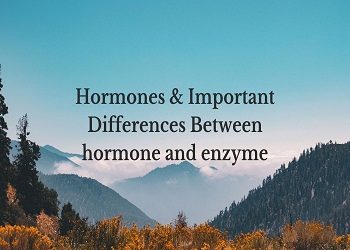
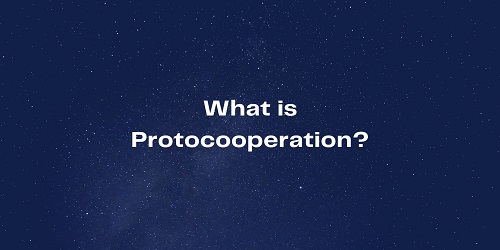
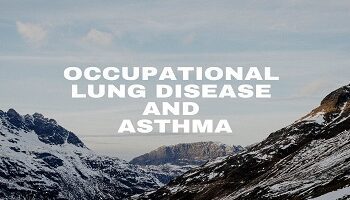



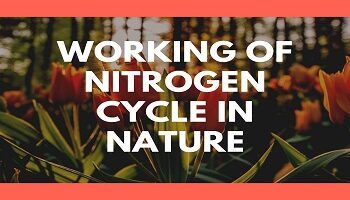
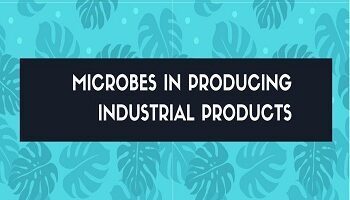
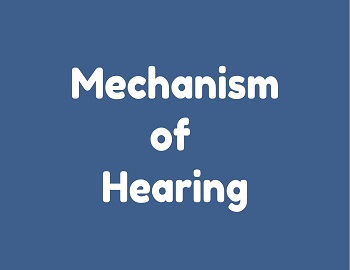
Comments (No)